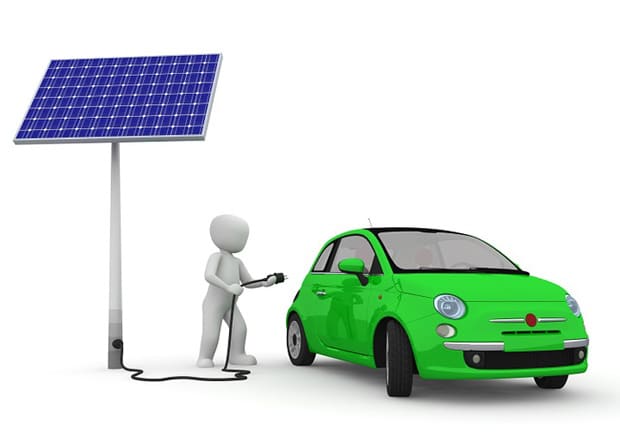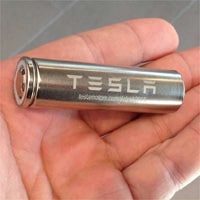A recent Clean Energy & Electric Vehicle survey reported in Renewable Energy Magazine found most electric vehicle drivers would never go back to a petrol-powered car.
The poll, conducted by Fully Charged channel, received 7,700 responses. It consisted of 50 questions relating to current and up-and-coming clean technologies.
Approximately 95 per cent of plug-in car drivers responded they wouldn’t want to return to internal combustion powered vehicles.

The survey also showed some interesting results regarding those that haven’t yet made the switch, including that:
- 57% intend to switch to electric vehicles within two years.
- 75% plan to buy a pure battery vehicle rather than a hybrid.
- 88% may choose a different brand from the one they normally prefer.
- 33% hadn’t made the switch because of the perceived high purchase cost of electric cars.
Also, when it comes to the Fully Charged audience:
- 84% of electric vehicle drivers are interested in new clean energy technologies. This includes solar panels, energy storage batteries and smart controls.
- 69% that are considering changing energy supplies intend to choose a green energy supplier.
Home solar can charge electric vehicles
Fully Charged host Robert Llewellyn said the survey results were not surprising. He says Fully Charged always believed that renewable energy and electric vehicles would “become mainstream” because they are better technologies.
Llewellyn also favours powering electric vehicles with clean energy. This could include home solar installations and solar batteries as these can be used to charge electric cars.
Electric vehicles competitive on cost and driving range
While some people surveyed indicated they had held back from buying an electric vehicle due to the purchase cost, electric vehicles have much lower running costs than their combustion-engine counterparts.
This means they are becoming increasingly cost-competitive in terms of the total cost of ownership.
Studies also show electric vehicles are improving in terms of their driving range. Several factors determine driving range, including battery size and capacity and the vehicle’s weight. In a recent study the Tesla Model S100D was the stand-out winner, delivering 537 km on a 100 kWh battery before recharge.
However, cheaper models also fared well, such as the Hyundai Kona Electric, which managed nearly 450 km on a 64 kWh battery. This demonstrates that it’s the technology, not the buying price, that determines the driving range of an electric vehicle.












































